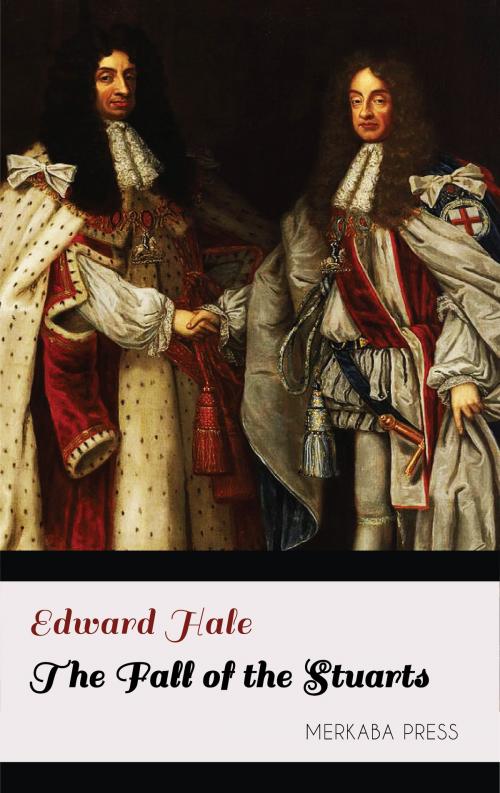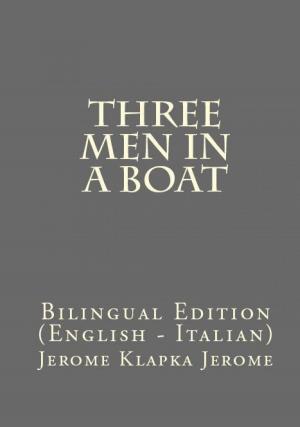| Author: | Edward Hale | ISBN: | 6610000020249 |
| Publisher: | PublishDrive | Publication: | July 11, 2017 |
| Imprint: | Merkaba Press | Language: | English |
| Author: | Edward Hale |
| ISBN: | 6610000020249 |
| Publisher: | PublishDrive |
| Publication: | July 11, 2017 |
| Imprint: | Merkaba Press |
| Language: | English |
THE history of western Europe in the seventeenth century is a history of wars.
"Wars destroy the morals of mankind by habituating them to refer everything to force, and by necessitating them so often to dispense with the ordinary suggestions of sympathy and justice." This is true of wars in general; but the demoralizing effect is much greater if wars are civil wars; or religious wars--wars, that is, between fellow-citizens to serve the ends of some political party, or to enforce the observance of some political truth; or wars between fellow-Christians to force all to follow some religious creed. Moral virtues are in these cases uprooted; military virtues, which may exist in the most depraved man or state, flourish.
The era of the great Protestant Revolution ushered in the period of religious wars, France was devastated by religious and civil wars combined in the latter half of the sixteenth, and in the beginning of the seventeenth century. It took part in the Thirty Years' War of Germany (1618-1648); it was again the theatre of the civil war of the Fronde, in which aimless attempts were made to oppose the absolutism of the French crown (1648- 1653). Germany was almost ruined by its great civil and religious Thirty Years' War. England had also suffered in its great civil and partly religious war, which ended in 1648, with the execution of Charles I.
THE history of western Europe in the seventeenth century is a history of wars.
"Wars destroy the morals of mankind by habituating them to refer everything to force, and by necessitating them so often to dispense with the ordinary suggestions of sympathy and justice." This is true of wars in general; but the demoralizing effect is much greater if wars are civil wars; or religious wars--wars, that is, between fellow-citizens to serve the ends of some political party, or to enforce the observance of some political truth; or wars between fellow-Christians to force all to follow some religious creed. Moral virtues are in these cases uprooted; military virtues, which may exist in the most depraved man or state, flourish.
The era of the great Protestant Revolution ushered in the period of religious wars, France was devastated by religious and civil wars combined in the latter half of the sixteenth, and in the beginning of the seventeenth century. It took part in the Thirty Years' War of Germany (1618-1648); it was again the theatre of the civil war of the Fronde, in which aimless attempts were made to oppose the absolutism of the French crown (1648- 1653). Germany was almost ruined by its great civil and religious Thirty Years' War. England had also suffered in its great civil and partly religious war, which ended in 1648, with the execution of Charles I.















